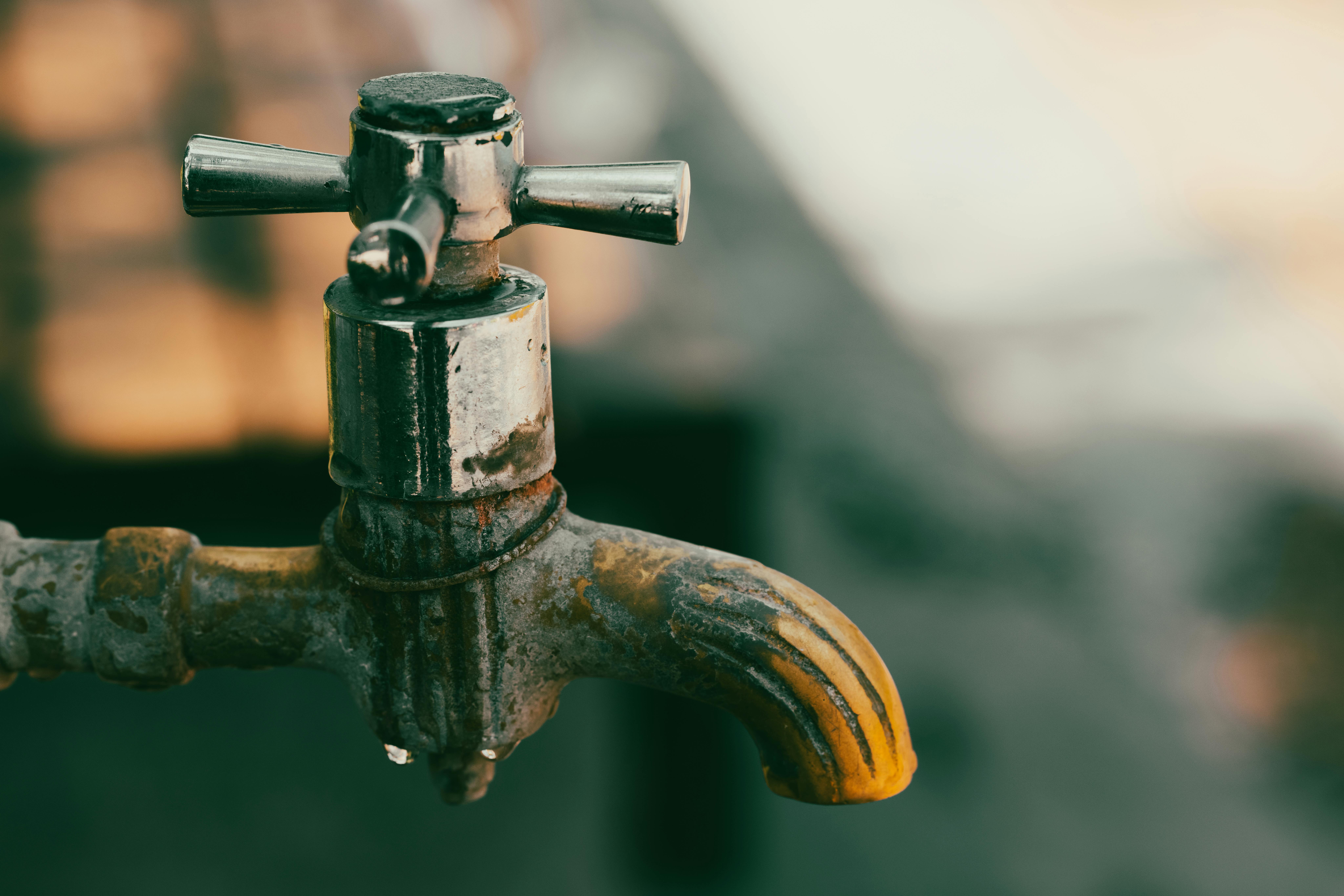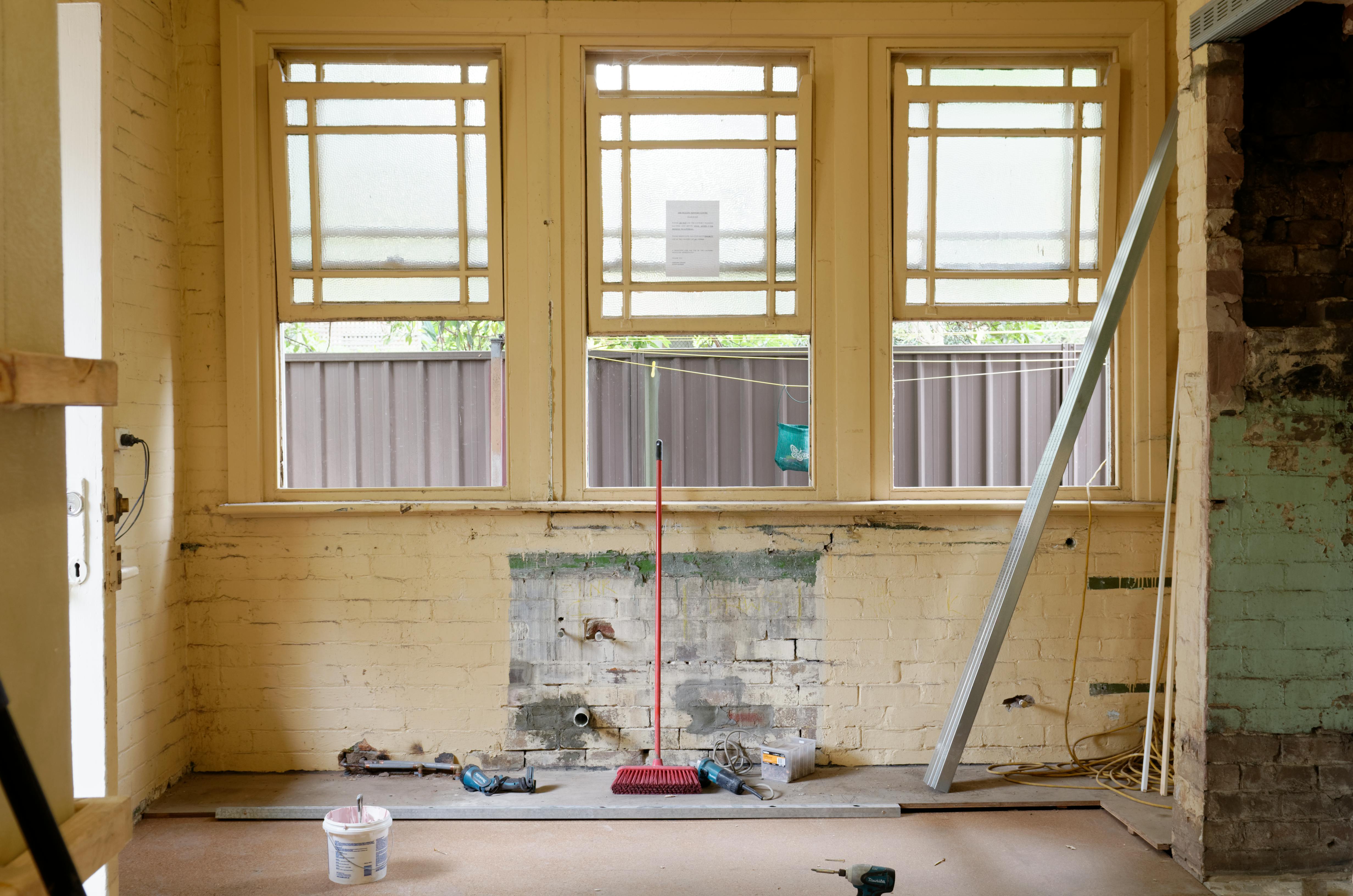Landlord Blog
Education and news for smart DIY landlords!
Signs a House Isn’t Worth the Investment

Investing in real estate is often considered a sound financial decision, but not every property is worth the investment. Various factors can make a house a poor choice for investment, whether you are planning to live in it or rent it out.
Here are key signs that a house isn’t worth your money.
1. Location Disadvantages
Location is paramount in real estate. A house situated in a declining neighborhood, far from amenities like schools, hospitals, and shopping centers, or in an area with high crime rates, can be a red flag. Properties in these areas often appreciate more slowly and can be harder to sell or rent out.
Furthermore, future development plans that could negatively impact the area, such as new factories or highways, can also detract from a property's value.
2. Structural Issues
Major structural problems can be a significant red flag. Issues like foundation cracks, significant water damage, termite infestations, and extensive mold growth can be costly to repair and may indicate poor overall maintenance. These problems can also pose serious health and safety risks.
If a home inspection reveals major structural issues, it's wise to reconsider the investment unless you are prepared for substantial repair costs.
3. Outdated or Dysfunctional Systems

A house with outdated plumbing, electrical systems, or heating and cooling systems can be a money pit. Replacing these systems is not only expensive but also disruptive. Look for signs like frequent electrical problems, low water pressure, or an inefficient HVAC system. Investing in such a house can lead to continuous repair costs and potential safety hazards.
Discover: Top Home Improvements and Upgrades That Pay Off
4. Poor Market Conditions
The real estate market is cyclical, and timing is crucial. Buying a house when the market is at its peak can result in overpaying for a property that may decrease in value. Conversely, purchasing in a market with high foreclosure rates or declining property values can also be risky.
Understanding the local market trends and economic factors influencing the area is essential before making a decision.
Discover: How to Conduct Real Estate Market Research
5. Unrealistic Pricing
If a house is priced significantly higher than comparable properties in the area, it might not be worth the investment. Overpriced homes can sit on the market for extended periods, and if you need to sell quickly, you may struggle to recoup your investment.
Always compare the price of the house with similar properties in the neighborhood to ensure you are making a sound financial decision.
Read more: Decoding Real Estate: 6 Signs That Indicate a House Might Be Overpriced
6. High Maintenance and Renovation Costs

Some houses, especially older ones, can come with high maintenance and renovation costs. While a fixer-upper might seem like a good deal initially, the costs of renovations can quickly add up. It's important to get a detailed estimate of the work required and consider whether you have the time, money, and energy to undertake such a project.
7. Flood Zone or Natural Disaster Risks
Houses located in flood zones or areas prone to natural disasters like earthquakes, hurricanes, or wildfires come with additional risks and costs. Insurance premiums for these properties are typically higher, and the risk of property damage is significant. Assess the geographical risks associated with the property location to ensure it’s a viable long-term investment.
8. Legal Issues
Properties with unresolved legal issues such as unclear title, boundary disputes, or unpaid property taxes can be a nightmare. These issues can delay the purchase process, add unexpected costs, and even result in losing the property. Ensuring a clean title and resolving any legal disputes before purchasing is crucial.
Conclusion
Investing in real estate requires careful consideration and due diligence. By paying attention to these red flags, you can avoid properties that might become financial burdens rather than profitable investments.
Always conduct thorough research, get professional inspections, and consult with real estate experts to make informed decisions.
